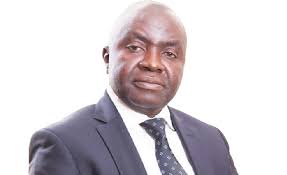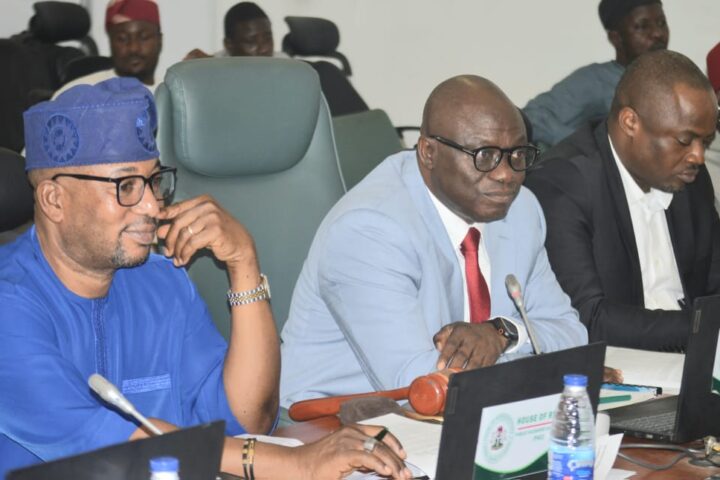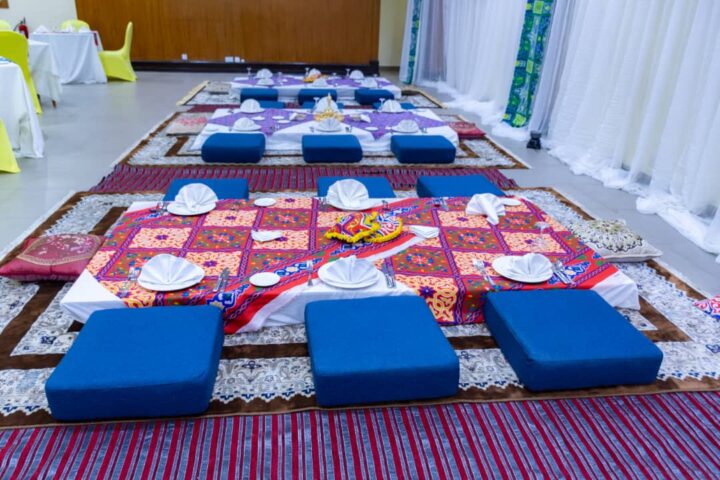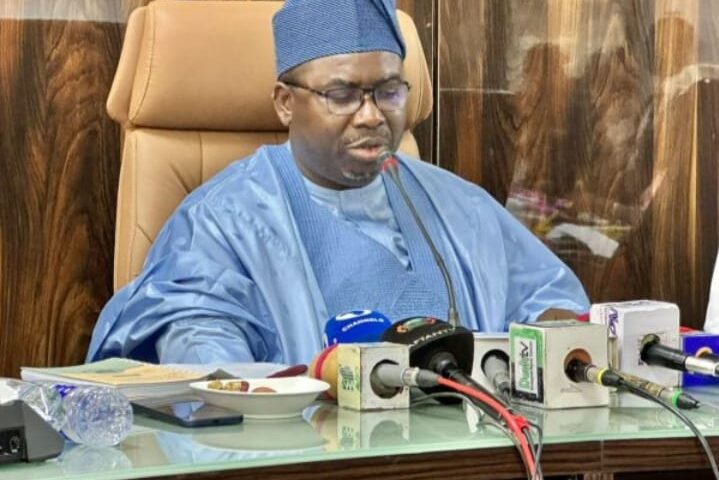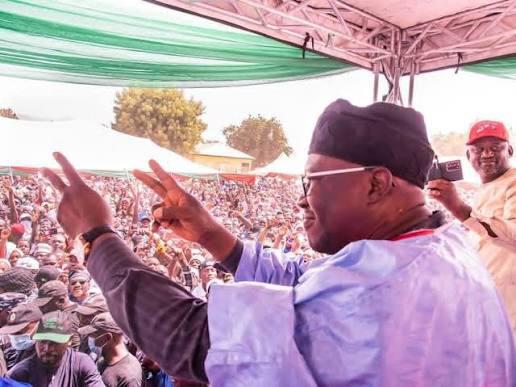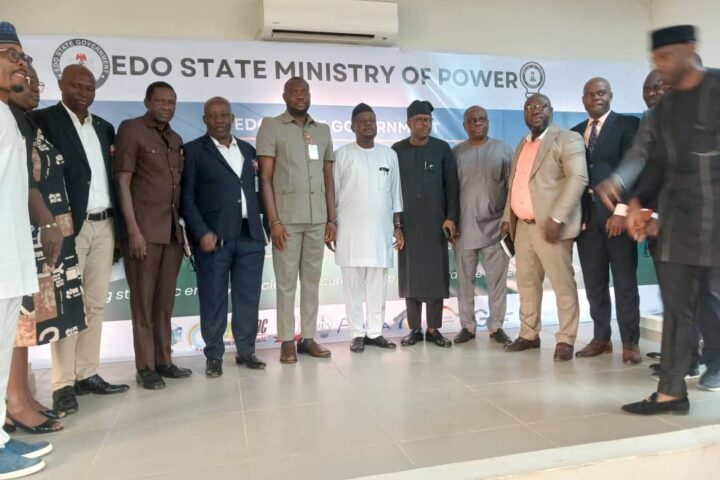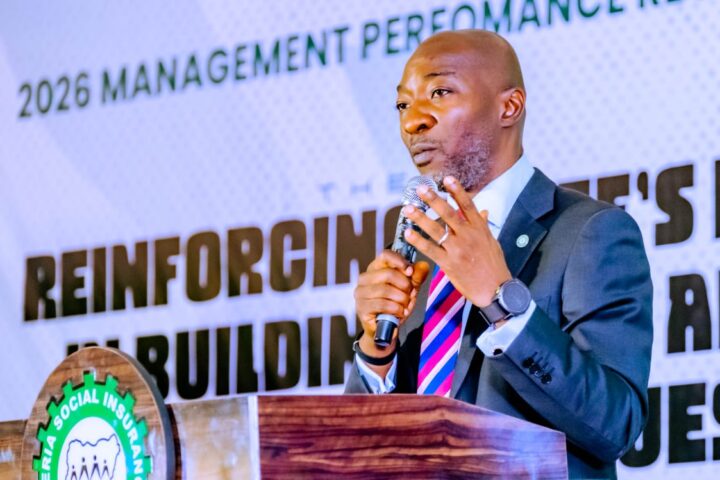Mohammed Shosanya
Nigeria will need a minimum of $2 billion annually to prosecute a military operation in Niger,on account of the prevailing geopolitical dynamics in the Sahel,Dr Muda Yussuf,Chief Executive Officer of Centre for the Promotion of Private Enterprise,CPPE,has said.
In a statement,Yussuf,said it will be difficult to accommodate such huge financial commitment at this time without putting a serious strain on our fiscal operations and foreign reserves.
He also recalled how Nigeria spent over $4 billion and lost about 700 soldiers in its military intervention in Sierra Leone which lasted from 1998 to 2002.
Nigeria,he said,spent $8billion on 7years Liberian war and lost 1600 soldiers.
According to him, Nigeria got any significant benefit from the military interventions in both Liberia and Sierra Leone,inspite of the huge financial burden on Nigeria.
He said:”The costs to Nigeria were colossal. Military spending in a war situation is largely in foreign currency. It could therefore be a major drain on the Nigeria’s reserves.The loss of lives was also a tragic outcome of the war. At the end, there was no concrete benefit for Nigeria for expending so much of its financial and human resources. Of course, we were consoled by the perception of Nigeria in the comity of nations as the ‘giant’ of Africa”.
He posited that Nigeria’s current balance of payment position is weak and may not be able to support any major military engagement outside the country’s shores.
Its external sector is fragile, posing a profound challenge of currency volatility,he said,adding that the worsening of the external sector would adversely impact investors confidence , weaken growth prospects and decelerate the pace of economic recovery.
He said Nigeria’s military intervention in Niger,would erode the expected gains from the recent reforms by President Bola Tinubu administration.
He explained that the reason is because there would be an escalation in the defense budget which would trigger a surge in fiscal deficit, worsening of inflationary pressures and a spike in debt levels and related debt service burden.
He added that resources that would have been used for the funding of critical infrastructures such as roads, electricity, education health railway system would be deployed to funding military operations.
He said:”While it may be easy to determine the commencement of a military campaign, it is often difficult to predict the duration, scope, intensity, dimension and the ultimate cost. Military operations are typically dynamic. Underlying assumptions may change as the military operations progress. And this may have significant budget implications.
“If Nigeria decides to go ahead with a military campaign in Niger, our defense spending may have to increase substantially possibly by 100% or more. Over 70% of the spending would have to be foreign exchange. Though the military option would be an ECOWAS decision, the burden of prosecuting the operation would have to be borne substantially by Nigeria.
“These are scenarios we need to worry about. Characteristically, it is difficult to predict what the scope of a military engagement because of the dynamic nature of such operations. Extant strategies may therefore not capture all the variables, many of which may unforeseen. The ECOMOG story is a classic example”.
He said,military actions among member of Economic Community of West African States,ECOWAS, would surely negate this fundamental objective of the promotion of economic integration in the sub region.
He said,itwould perpetuate fragmentation of the region and trade within the region will be severely impacted,adding that this has grave consequences for the economies of the economies of member states and the welfare of the citizens.
He advised that it is not in Nigeria’s interest to get deeply involved in the military adventures in the zone, with Mali, Burkina Faso, and Niger being major theatres of their operations.
According to him,this could further complicate matters for the entire sub region,adding that Nigeria should avoid getting entangled in these geopolitical dynamics.


